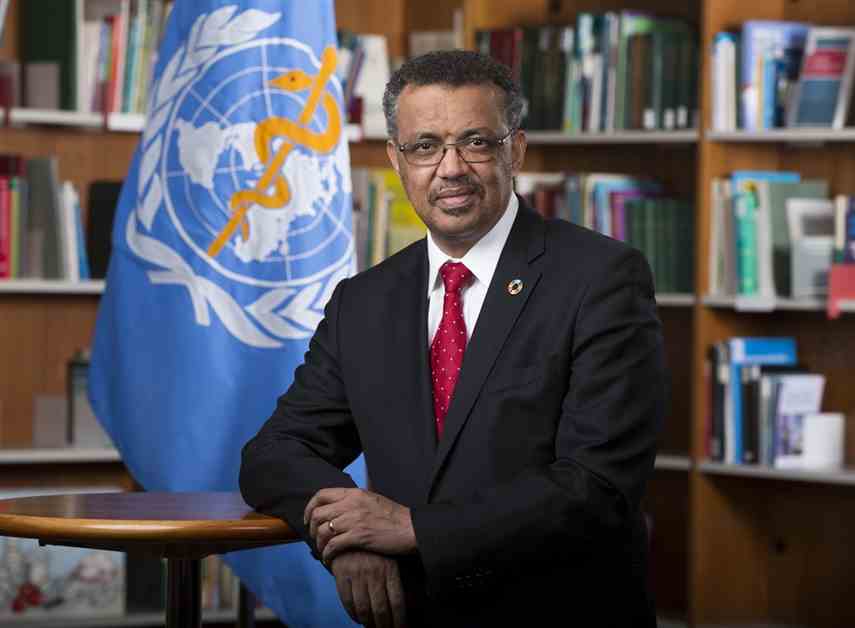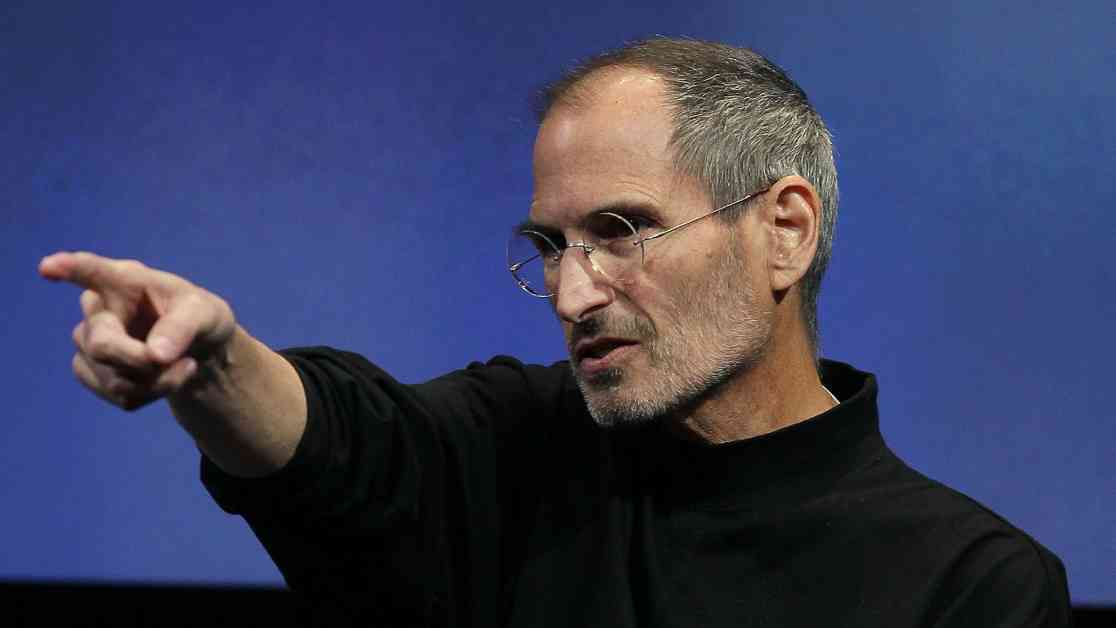In the recent media briefing held on 12th June 2024, the WHO Director-General highlighted the ongoing conflict in Sudan, which has resulted in tens of thousands of casualties, millions displaced, and disrupted health services. The Director-General emphasized that Sudan is facing a severe humanitarian crisis, with 12 million people displaced, including 10 million internally displaced and 2 million seeking refuge in neighboring countries. The conflict has led to the closure of over 70% of hospitals in conflict-affected states and 45% of health facilities in other states, leaving people without access to essential health services and medicines. The situation has also raised concerns about mass starvation in some regions.
WHO is actively involved in providing support and interventions in Sudan, including expert advice, training, and oversight of health operations, disease surveillance, and outbreak response. The organization is working to distribute urgently needed medicines and medical supplies to reach inaccessible areas in Darfur and Kordofan. However, challenges such as insecurity and operational hurdles are hindering the timely delivery of supplies and services.
In addition to the crisis in Sudan, WHO also addressed the situation in Gaza, welcoming the UN Security Council resolution for a ceasefire, release of hostages, and reconstruction efforts. The Director-General highlighted the urgent need for humanitarian aid in Gaza, where a significant portion of the population is facing hunger and famine-like conditions. WHO and its partners have been providing nutrition services to children suffering from acute malnutrition, but challenges such as insecurity and lack of access have limited the reach of these services.
Furthermore, the briefing shed light on the escalating health crisis in the West Bank, where attacks on healthcare facilities and restrictions on movement are impeding access to health services. WHO has documented numerous attacks on healthcare in the West Bank, resulting in casualties and injuries. The organization is supporting the Ministry of Health by supplying essential medicines and providing technical assistance to improve health services in the region.
The Director-General also addressed the outbreak of H5N1 avian influenza among dairy cattle in the United States, emphasizing the importance of surveillance and monitoring to prevent the spread of the virus to humans. WHO continues to assess the risk to public health as low but stresses the need for vigilance and preparedness in dealing with potential outbreaks.
Lastly, the briefing acknowledged the contributions of Gregory Härtl, a long-time member of WHO’s communications team, who is retiring after decades of service. The Director-General thanked Gregory for his commitment and dedication to WHO’s work and wished him well in his future endeavors.
In conclusion, the WHO Director-General’s remarks underscore the organization’s ongoing efforts to address humanitarian crises, health emergencies, and disease outbreaks globally, emphasizing the importance of collaboration, communication, and preparedness in safeguarding public health.

















